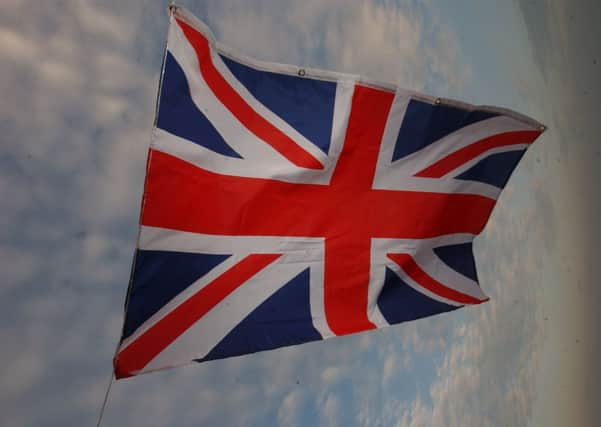Leaders: Independence appeal | Scotland’s pubs


When Quebec’s nationalist premier Pauline Marois came to Scotland 12 months ago to meet First Minister Alex Salmond, the reception she received in Edinburgh was so low key it was written up by some Canadian journalists as a snub. While many grassroots Scottish Nationalists derive great satisfaction from regarding themselves as engaged in the same struggle as the Catalans, the Basques and the Québécois, there is good cause for the SNP leadership to be cautious about direct comparisons. Quebec nationalism in particular is marked by a kind of linguistic, cultural and ethnic exclusiveness that sits very uneasily with the resolutely civic nationalism which is one of the great achievements of the modern SNP. The SNP’s opponents are, however, less wary of comparisons with Quebec, and see a number of lessons that can be learned from the 1995 referendum on Quebec independence in which the nationalists were narrowly defeated by handful of votes.
In particular, the Better Together campaign to save the UK is interested in the lessons of a tactic in the final weeks of the Quebec campaign that is regarded by political analysts as having been influential in keeping Canada intact. It involved tens of thousands of people from other parts of Canada going to Montreal for a rally on the eve of the poll, begging the people of Quebec not to leave. The tactic, and the emotional heft it carried, caught the nationalists unaware. It is not yet known if the No campaign will try to organise a similar rally of English, Welsh and Northern Irish people in Scotland before the September vote. But strategists are determined to replicate the message in other forms, promising to “lovebomb” Scottish voters with a message that says: don’t go; stay with us; work with us.
Advertisement
Hide AdAdvertisement
Hide AdWhich is why the poll we publish today, commissioned by the thinktank British Future, is interesting. Up until now, the picture of how people in rUK (the rest of the UK) view Scottish independence has been largely anecdotal. It has allowed all kinds of speculation on the effect a breakaway Scotland would have on the nations and regions that remained under Westminster rule. This has included the view that England would simply say “good riddance” to us. Senior SNP politicians have even insisted that Scottish independence could be a welcome boost for cities in the north of England. Today’s poll suggests these are, at best, minority views. Almost half the people in the UK believe their country would be damaged by the loss of Scotland.
Much of the debate we Scots have been having about independence over the past half a century is, by now, all too familiar territory. An English (and Welsh and Northern Irish) appeal to us to stay in the UK is a novel and untested development. Nobody knows if it will strike the same kind of emotional chord as in Quebec. The SNP makes reassuring noises about the social union with the rest of Britain continuing after independence. But what happens when the people in that social union – our friends, relatives and colleagues from Liverpool, Newcastle, the Welsh valleys and the rolling hills of Antrim – ask us not to sacrifice the UK’s political union? Such a moment will be the ultimate test for the kind of Yes voter who says “I’m not a nationalist, but … ” Because it is very difficult to characterise the ignoring of that plea as anything other than act of political nationalism.
Cheers to the pub
A NEWSPAPER is doing its job well if its stories spark debate and discussion. But in our newsroom we have a smidgen of concern that we may be doing our job too well with one of the stories in today’s paper. The report in question highlights the Medical Research Council’s finding that drinking in the pub with mates may be good for a man’s health. We are all too aware that at breakfast tables across Scotland this morning, the man of the house may be shoving the paper under the nose of his partner and saying: “There. Told you so.” He may then be glancing at his watch to check if the pubs are open yet.
We do not wish to be the cause of any domestic tiffs. But the case put by the MRC is a compelling one. A lads’ night out in the pub does not usually attract such good publicity. It is often regarded as an excuse for bad behaviour and conversation that rarely rises above football and women. This is to do the lads’ night out a disservice, as the MRC study confirms. In a country famous – or infamous, depending on your point of view – for male stoicism, the night down the pub gives men license to talk about their feelings in a permissible setting.
As a result, time spent in the pub – whether it’s for a swift half or a session – may be good for men’s mental health. We can all raise a glass to that.